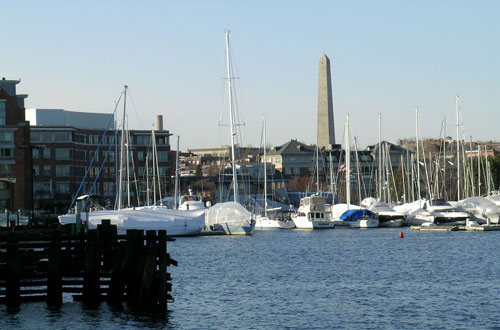North End
North End Homes For Sale
As the oldest residential neighborhood in Boston, North End overflows with historical landmarks and artifacts that would have made Paul Revere blush. In fact, twelve landmarks have earned the distinction of listing on the National Register of Historic Places, including Old North Church, Paul Revere House, Union Wharf, and Vermont Building. At less than one-half square mile, North End packs a tourist punch, with more than 100 small businesses and of course, popular historic attractions
Residents of North End dwell in architecture that spans through every epoch of American history. The majority of the architecture dates from the late 19th and early 20th centuries, when tenement structures replaced mansions to provide shelter for the vast influx of new arrivals from Europe. Many immigrants worked as masons, carpenters, electricians, and plumbers to refurbish the decaying neighborhood. During the 1970s, North End began to see residential and commercial building changes. An abandoned industrial area located along the Boston Harbor made the perfect spot to build luxury housing and develop commercial structures for the nascent business district. Because of its small size and high housing demand, properties in North End, if any become available, cost more than any other properties found in greater Boston, with the exception of commercial structures built in the financial district.
North End is not all about historical heritage, as proven by the burgeoning arts scene. Located on Hanover Street, the Improv Asylum and North End Music and Performing Arts Center attract some of the most talented actors and comedians in the country. North End cuts its culinary teeth by providing epicureans with a wide variety of eateries, many of which feature fresh seafood interpreted from authentic Sicilian recipes. During the summer, North End hosts several festivals that pay homage to the Italian culture. Since no primary thoroughfares traverse North End, commuters access the green and orange public transit lines for short rides to downtown Boston and East Boston across the harbor. More than a dozen bus lines stop within the small Boston neighborhood as well. Residents that prefer a more serene commute use one of the ferry services that cover large sections of Boston Harbor.


